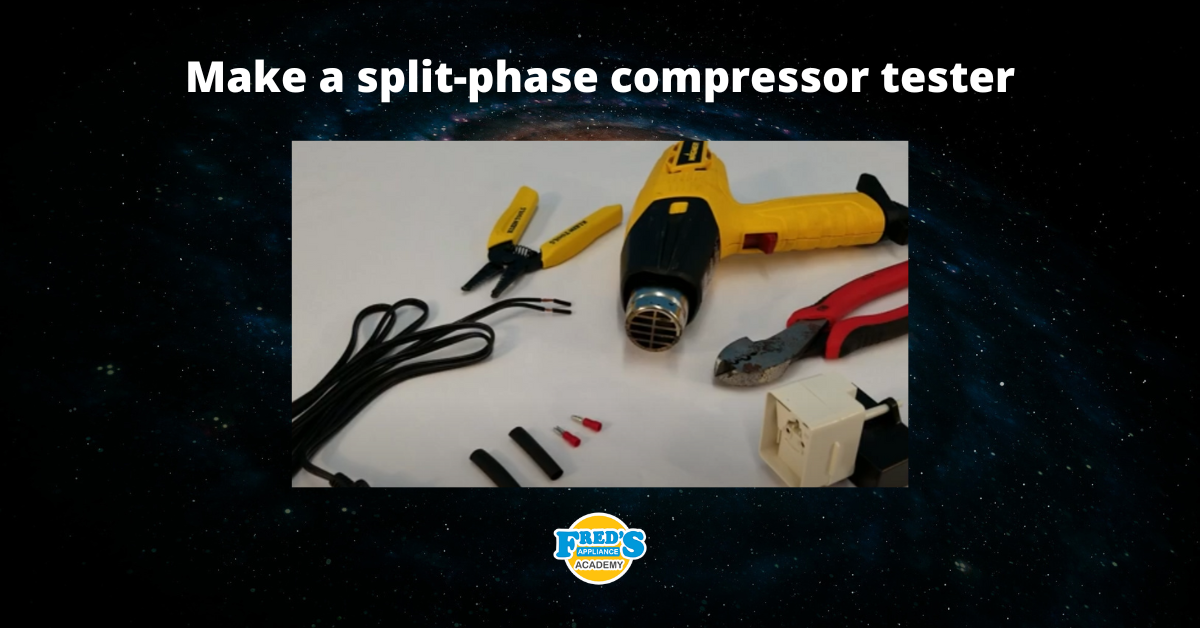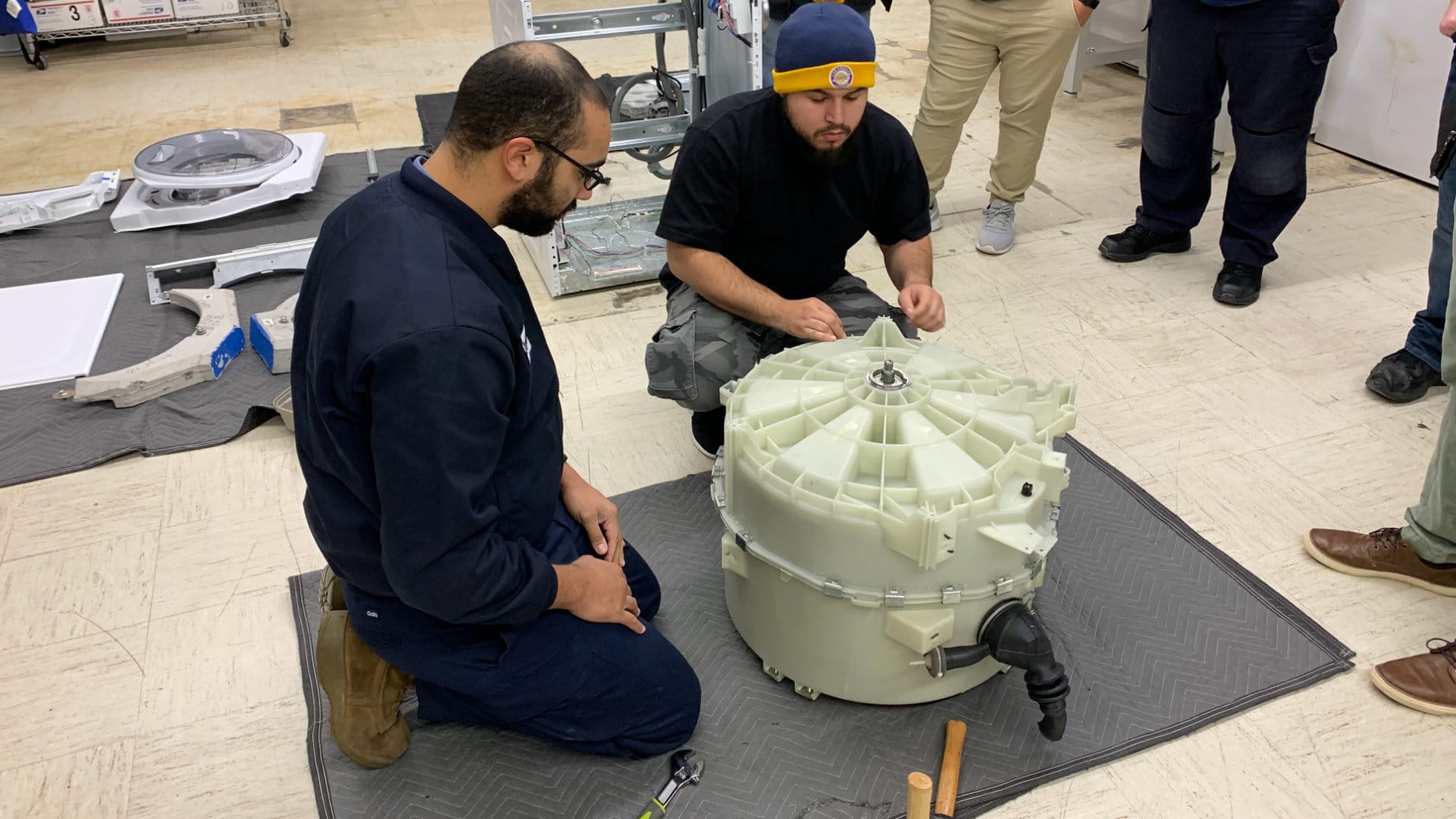
When you are learning, mistakes are just another tool to enhance your education. You make a mistake, you learn what went wrong and what you should have done, and then you come out a more knowledgeable technician on the other side. However, that doesn’t change the fact that when you are first starting out as an appliance technician, every mistake can be seriously costly to both your employer and your career.
There are mistakes that won’t cause any harm, and there are mistakes that can end up as more of a disaster than a learning tool. If you are just starting out as an appliance technician and want to avoid as many mistakes as possible, having a solid basis in appliance repair training can help prevent it. However, even if you have had your training, but want to do your best, here is how you can avoid a few select rookie mistakes.
Not Listening To Your Customer
It is easy for even seasoned veterans to want to just jump right in after the initial problem is called in. You are trained, or at least in training, to be an appliance repair technician. This does give you the knowledge to make the right repairs, but your customer potentially holds your most valuable information. While a customer’s words can mean a number of different problems, they help you narrow it down. The more you chat with them about it, the more you can potentially uncover.
Furthermore, everyone – even if they know they know nothing about appliances – appreciates feeling like they have been listened to. In this respect, you can improve the perception of your business as one that listens and cares about their customers and potentially solve the problem faster in the process.
Not Verifying the Complaint
Often the best first step in many problems is to have your customer demonstrate how they were using the appliance when the complaint started. In some instances, it could be a user error in which your job is finished pretty quickly by simply correcting their behavior. You will save yourself a lot of time or potentially help you pinpoint the problem by verifying what the problem is with your customer before dipping your hands under the hood.
Not Pre-Diagnosing Before Being On-Site
The smoothest repairs often start before even setting eyes on an appliance. You will always want to make sure you have the correct tech sheet for the model ahead of time as well as have the manual ready just in case. Not properly preparing for the customer can take a simple repair and make it very complicated. Furthermore, it isn’t very professional to have to sit and wait for this information to download on-site. It takes valuable time and reflects poorly on you.
It is also worth noting that you may wish to have a few select issues in mind based on the symptoms. Sometimes you will simply need more information to find the right solution, but knowing a few potential causes for the symptoms can help you know where to start if things do not become immediately obvious.
Not Reading the Manual When Needed
After a few decades of repairing appliances, you become pretty familiar with different makes and models. However, as a new technician, you know very little about everything. There is no shame in consulting a manual during the repair to find out where specific parts are and how they are meant to run. These days with the increase in technology, even older repair technicians are going back to basics for some issues because they simply didn’t exist even ten years ago.
Trusting an Ohm Test
Ohm testing is an excellent diagnostic tool, but everyone has had a moment that has taught them better. There is nothing that is more frustrating to a technician than getting that replacement part in, installing it, and finding that it did not fix the problem. This is often caused not because the part had tested open or higher than it should. It is often because some other part tested good because it is not testing failed ohms until later when it starts getting electricity. This is a common occurrence in items like switches and loads.
It is always recommended to remember that ohms will lie. For this reason, you don’t just want to depend on your reader to make a diagnosis for you. This is why seasoned techs may actually do multiple tests before ordering a replacement part and not just taking the first reading at face value.
Not Having a System
Any appliance repair service should have its own diagnostic system that they will pass on to their techs. What this does is essentially help you work through where you should check and how to work through troubleshooting a problem. The problem with younger techs is that they either aren’t taught a system or they ignore it. They look at simply the symptoms of a problem without following the steps in the system. They might not realize it yet, but the system was likely developed to help get to the real problems quickly. As appliance repair is a business, you don’t want to be spending all day on what should have been a simple problem.
Sleeping on Appliance Training
Appliance repair is something that you can learn by doing, but it will take you a long time to be a master of it. By skipping out on appliance repair training, you will take a lot longer to glean even the basics from those around you that are teaching you the trade. If you aren’t in some form of training as a novice, you are doing what could a be your lucrative life-long career a disservice.
If you are looking to start a career in appliance repair or want to enhance your training, you need a great teacher. Contact us today to see what Fred’s Appliance Academy can do to enhance your knowledge and help you rise to greater heights in your career.
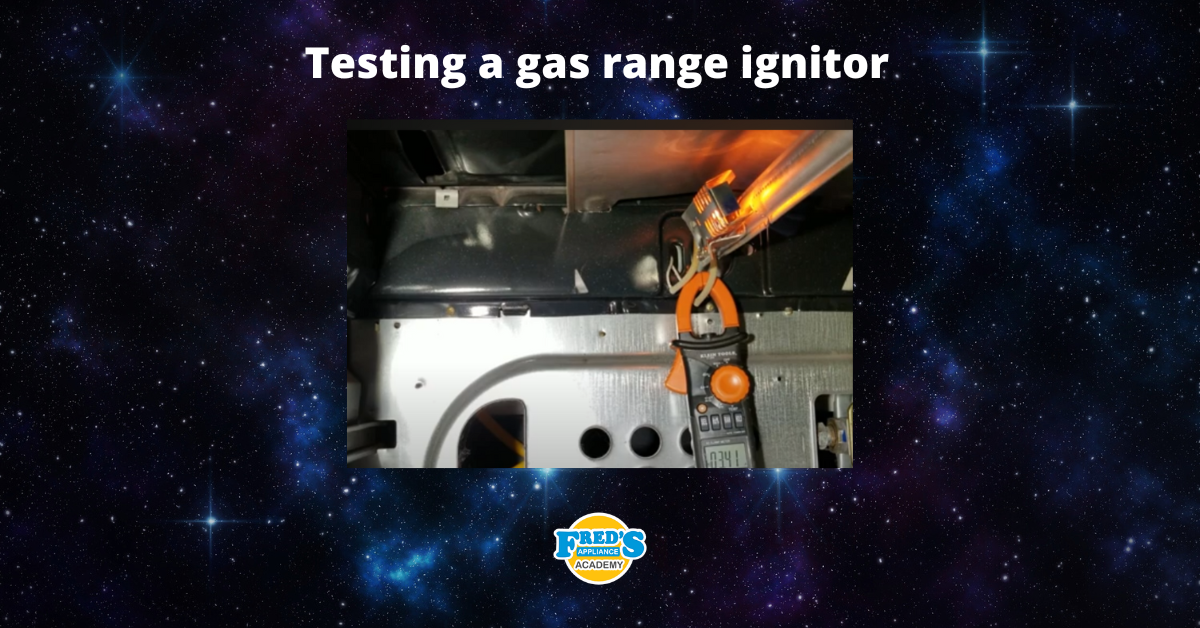
How to test a gas range ignitor
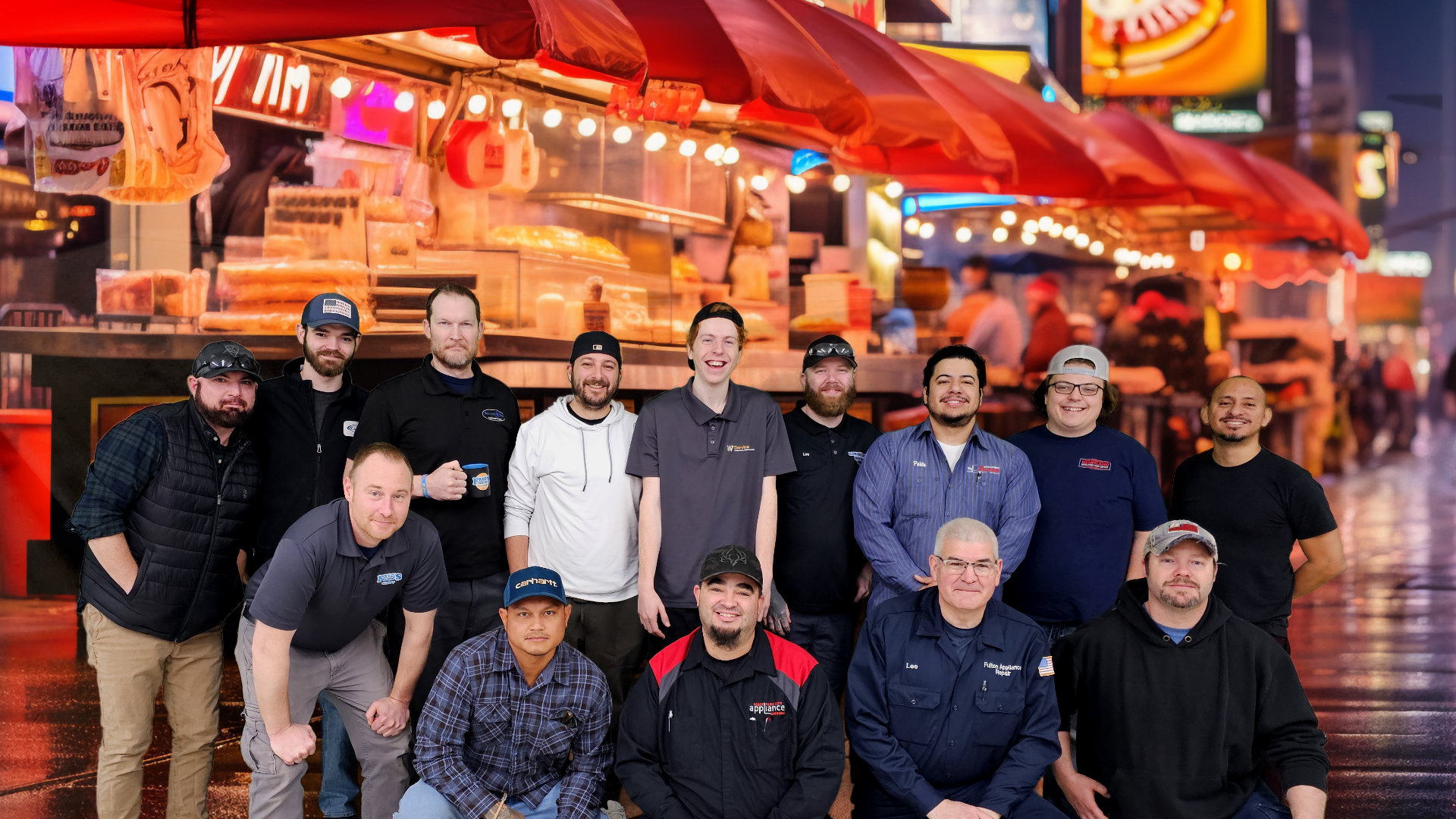
Congrats to our graduating March 2024 class
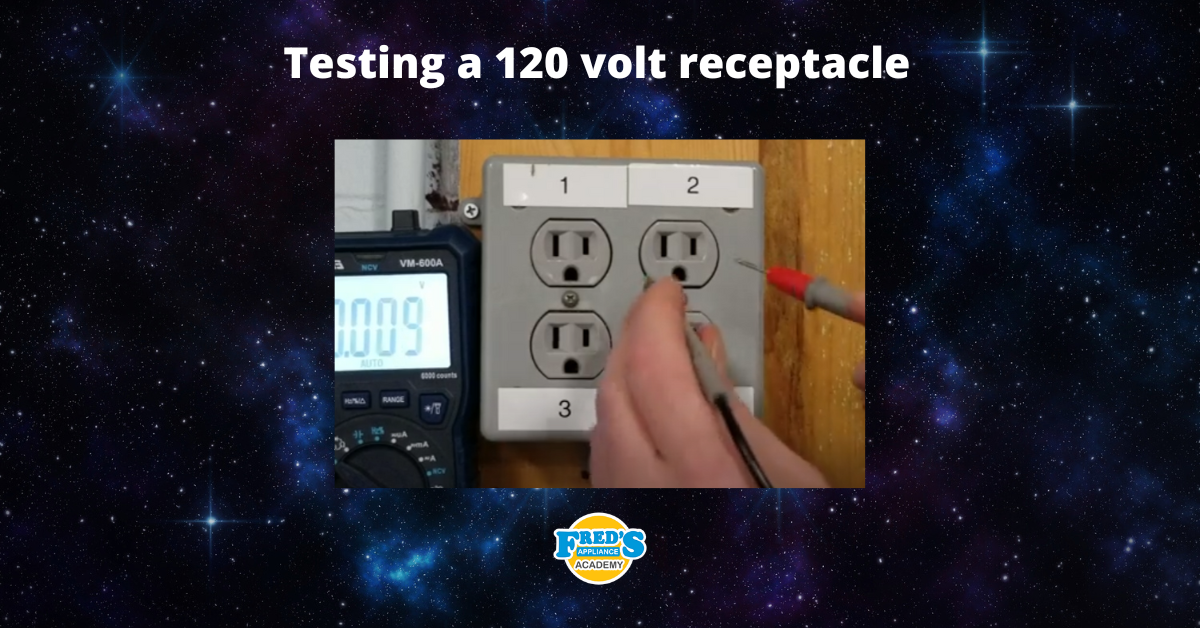
How to test a 120 volt receptacle

Congrats to our graduating February 2024 class
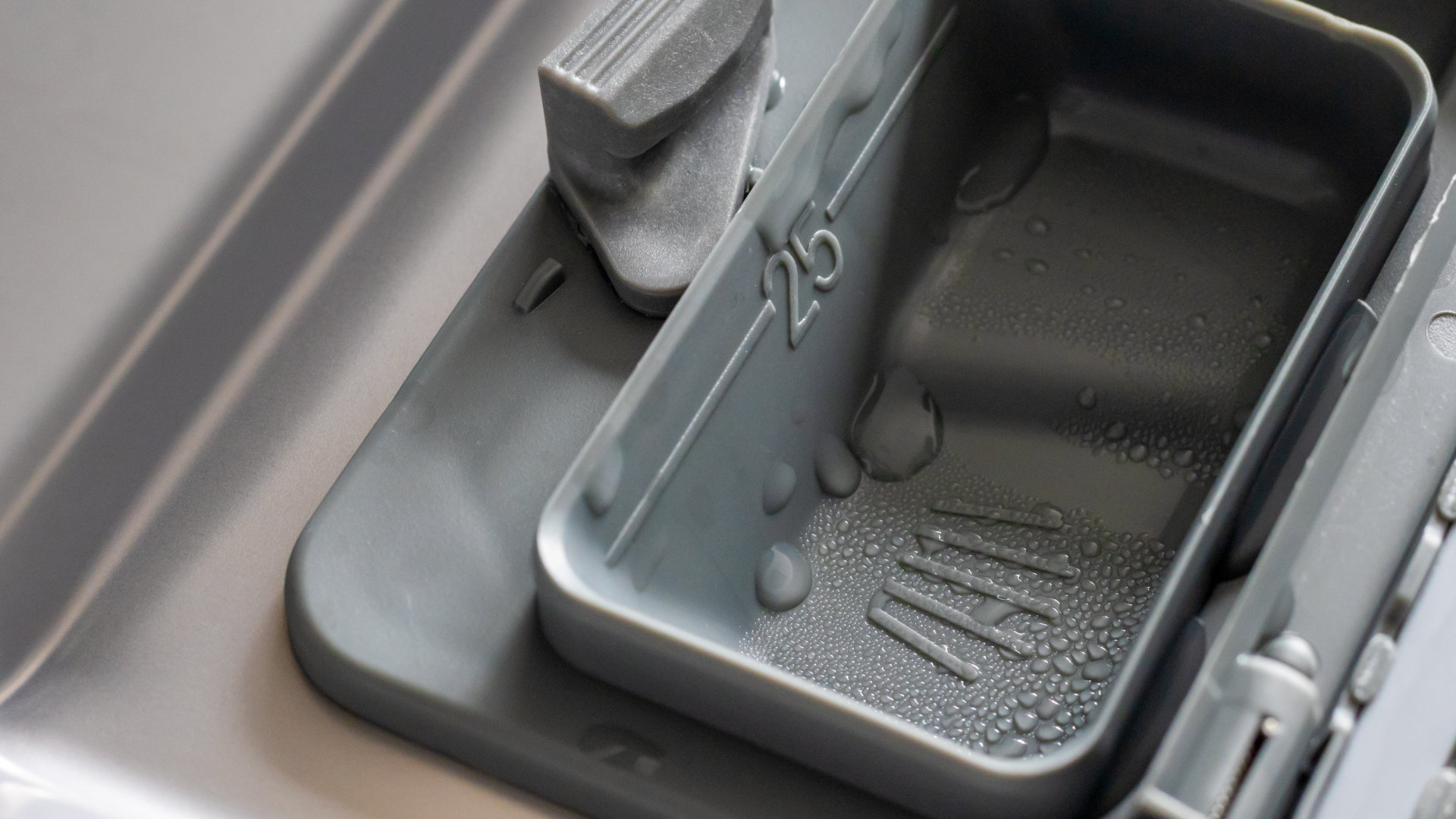
Why Is Your Dishwasher Soap Not Dissolving? (5 Easy Fixes)
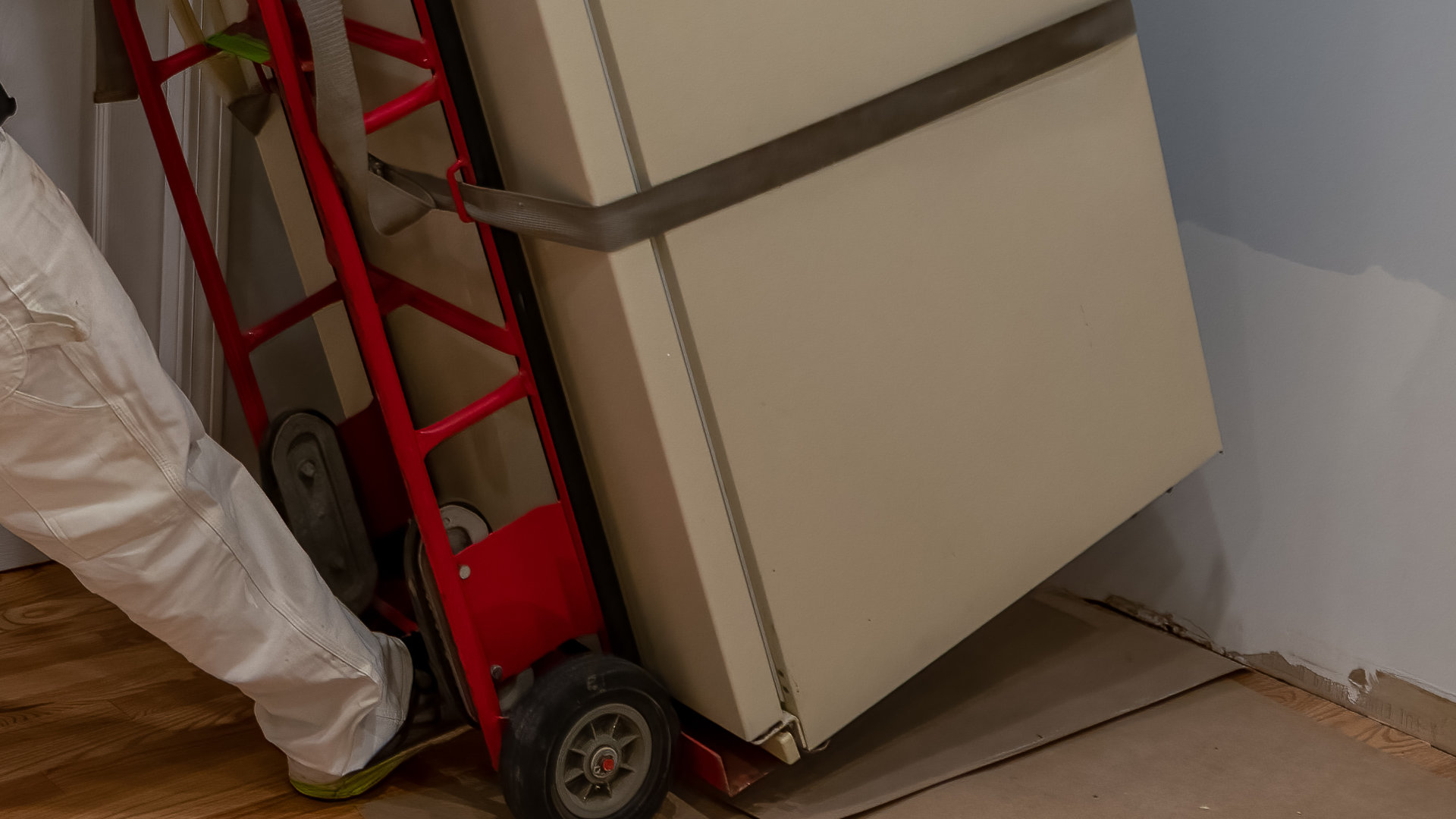
Refrigerator Dripping Water Inside? 5 Quick Fixes

Appliance Industry 2023 Q4 Results

Congrats to our graduating January 2024 class
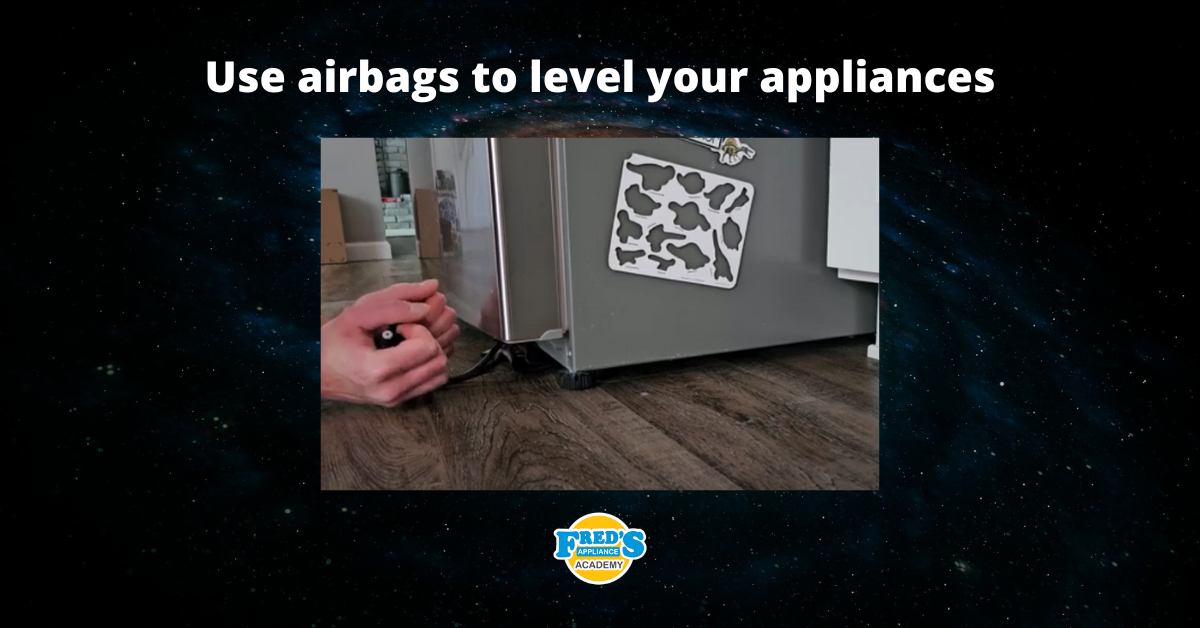
Clever ways to use airbags to level your appliances
